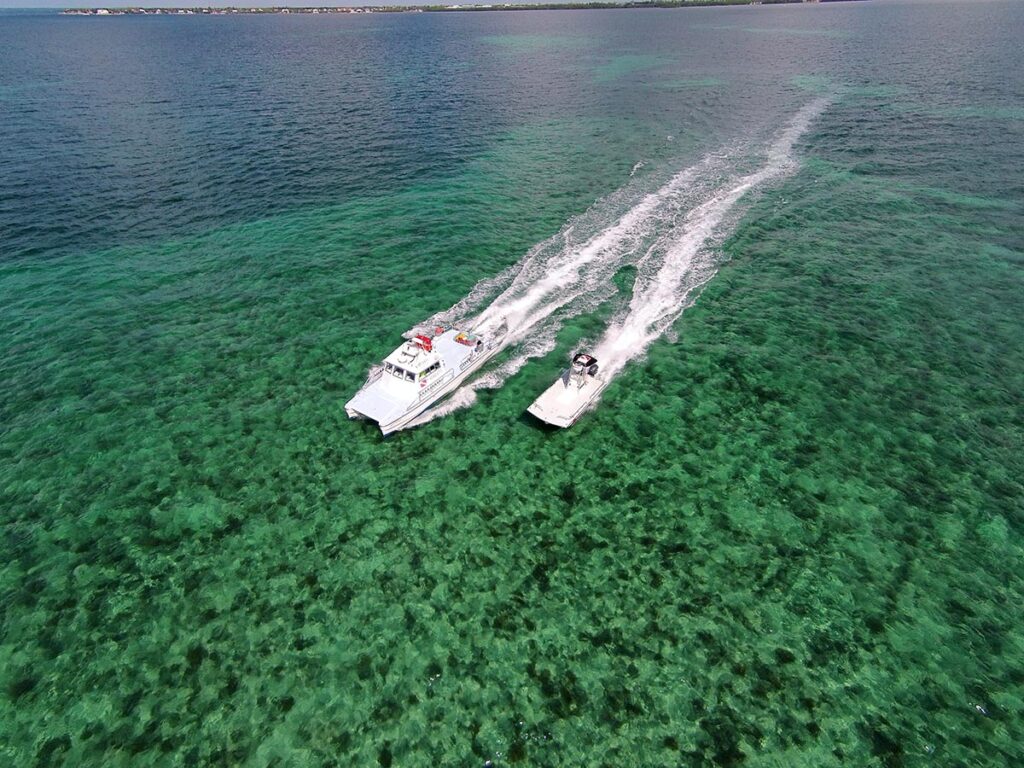
via Coral Reef Aquarium Fisheries Campaign, 9/10/2020, updated 12/4/2020
Faced with increasing scrutiny and restrictions to trade in marine aquarium fish around the globe, a leading marine aquarium fisher in Florida takes a proactive approach for its own fishery.
Marathon, Florida – Over the course of the pandemic, marine aquarium keeping has become popular as people are at home, nesting, and investing in their pets. The hobby provides hands-on science experiences in biology, chemistry, and environmental science; and with the inclusion of the family in the hobby, aquarium keeping fosters family bonding, communication, and an ethic of responsibility.
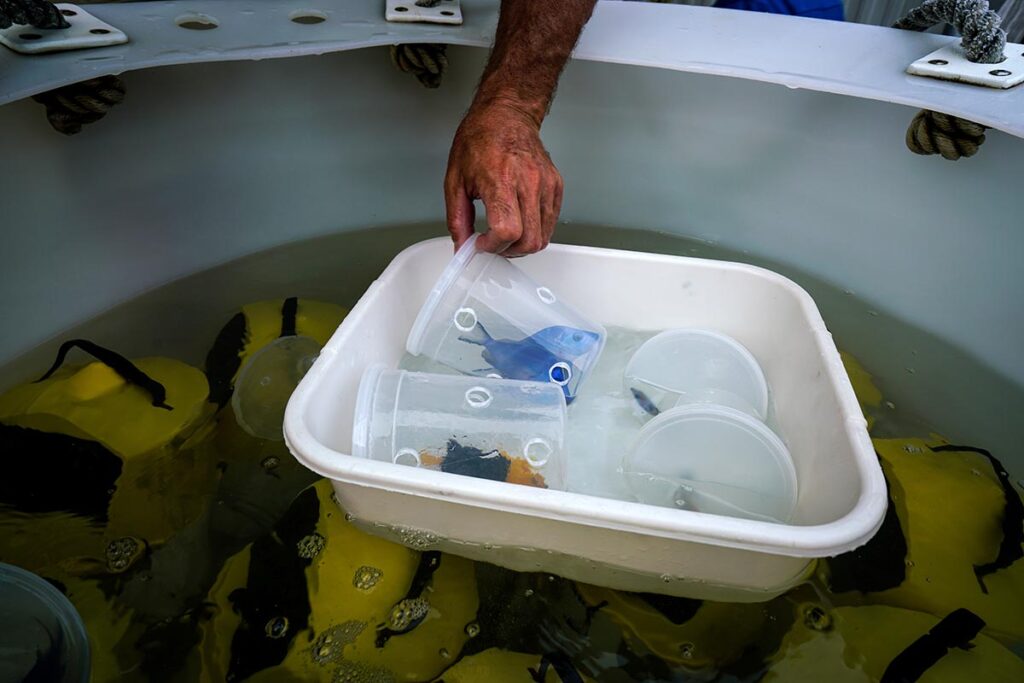
But international trade of aquarium fish has been stymied this year as reduced flights have driven up shipping costs. U.S. marine aquarium fisheries trading domestically are thus poised to gain increased market share, supporting the livelihoods of fishermen, exporters, wholesalers, retailers, and others in the value chain.
Hawaii’s marine aquarium fishery, well managed in relation to those at other global locales, has faced recent changes to regulations that make it challenging for aquarium fishers to collect fish. This impacts 226 commercial aquarium fishers and jeopardizes the annual boost of $2 million from the fishery to the state’s economy, according to an environmental impact statement prepared by the Pet Industry Joint Advisory Council in 2019.
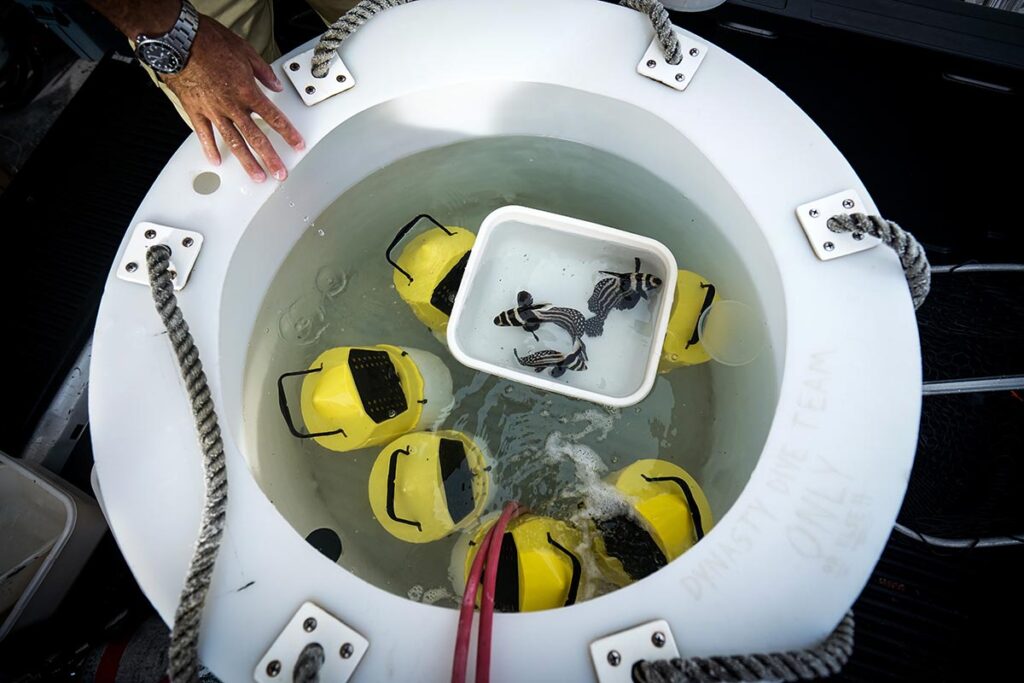
An Opportunity for Florida
These developments offer a market growth opportunity for Florida marine aquarium fishers and raise the profile of this fishery in the eyes of the marine aquarium trade and environmental advocates alike. But can the policy framework of the Florida marine aquarium fishery sustain coral reef fish populations and fishers’ livelihoods over the long term, and will it continue to do so with rising demand?
Dynasty Marine Associates, a leading marine aquarium fisher in Marathon, FL, has invested in the research needed to answer this question. Ben Daughtry, President of Dynasty Marine, said, “In recent years, deliberations over the sustainability of coral reef aquarium fisheries in some locales have been one-sided. Our approach in Florida is to engage stakeholders from the Florida fishery to invest in an up-close look at the sustainability of our own businesses. We’ve taken the first step, and [we] invite others to join in the effort.”
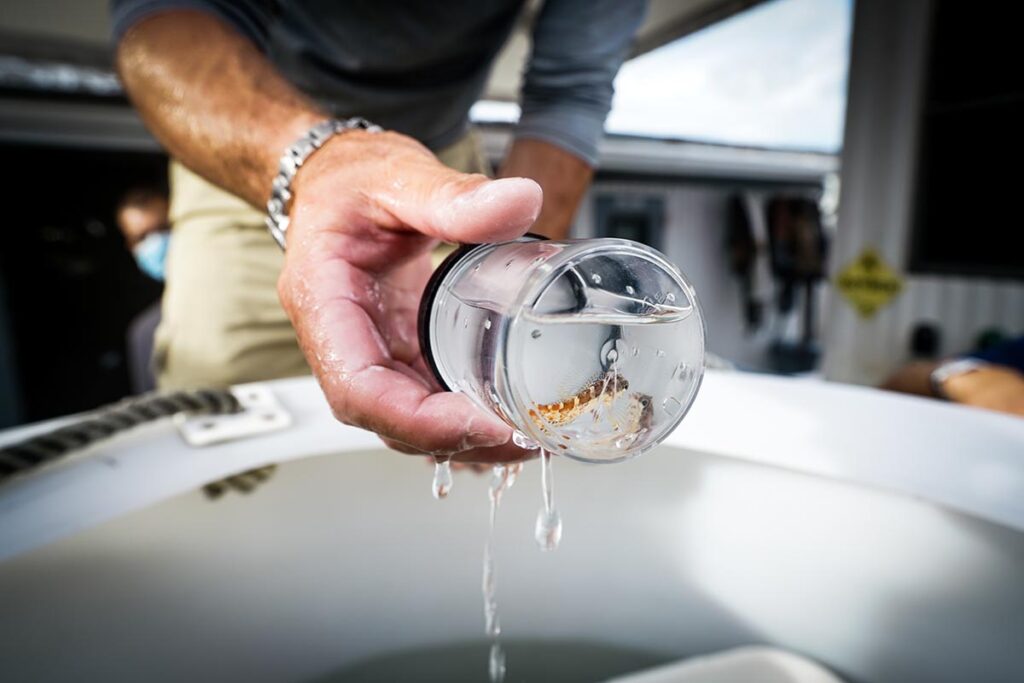
Enter the Coral Reef Aquarium Fisheries Campaign, founded by Dr. Paul Anderson, a marine scientist who has dedicated his career to understanding and improving the sustainability of the marine aquarium. Anderson has partnered with Dynasty and with Dr. Bob Pomeroy, a fisheries economist, and Dr. Tracey Dalton, Chair of the University of Rhode Island’s Department of Marine Affairs, to answer this question. With the help of a URI graduate student, their goal is to describe the policy framework for marine aquarium fish as an educational tool for regulators and stakeholders in the Florida marine ornamental fishery and as a model for other locales. They will assess the effects of current policies on 1) the sustainability of selected indigenous coral reef fish species and 2) stakeholders and their businesses. Comparisons will be drawn among policy landscapes for other selected locales. The forthcoming report may offer policy recommendations that have demonstrated successes in sustainability in other locales.
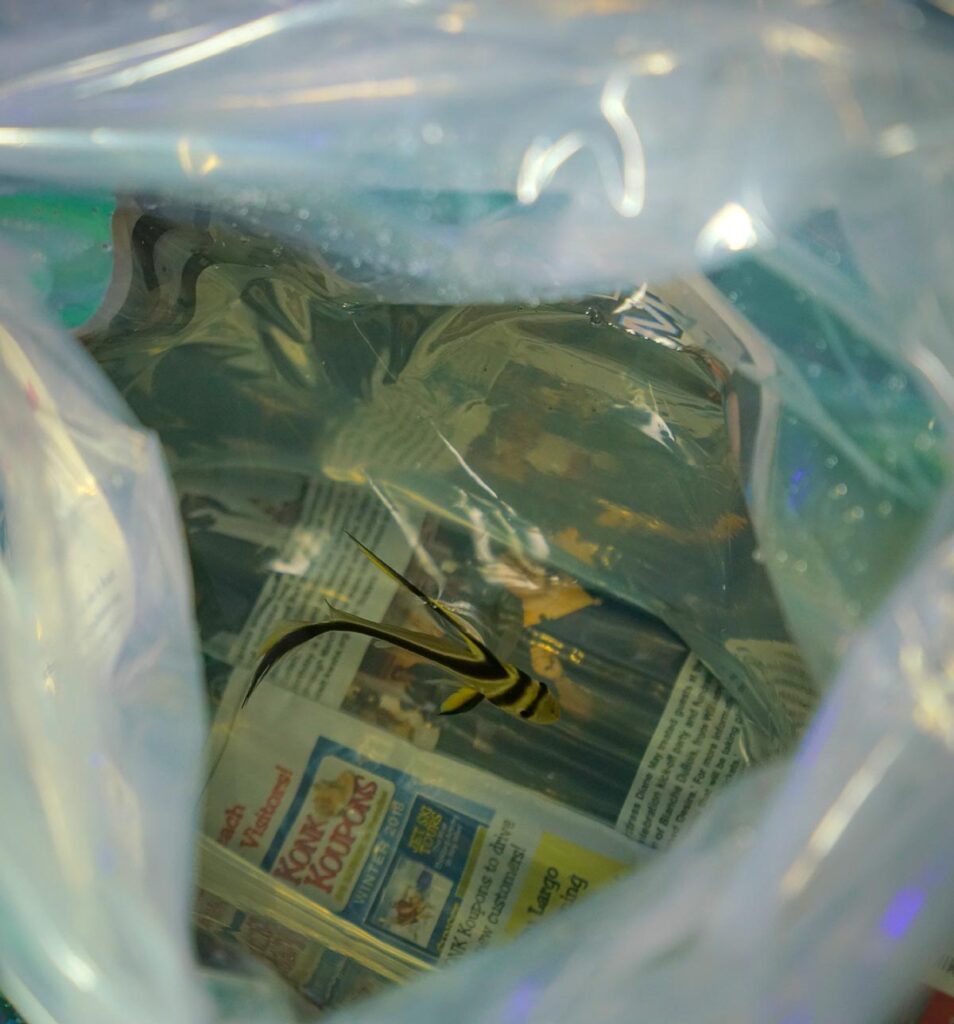
Anderson emphasizes the need for stakeholders from all sides of the issue to weigh in: “We seek to pursue this study objectively and comprehensively, with the support and input of the voices of those who are passionate about coral reef conservation and those who want to see the aquarium trade continue to educate families and children for decades to come. These people are often, though not always, one and the same.”

To lend your support to the project, please get in touch with Anderson at paul@insightbyanderson.com or donate here.
###
The Coral Reef Aquarium Fisheries Campaign is a multi-stakeholder initiative to empower sustainable coral reef aquarium fisheries that support biodiversity conservation, healthy coral reefs, and livelihoods and food security for those who depend on them across the global value chain.
For more information, contact:
Paul Anderson, PhD, CAPM
Founder
Coral Reef Aquarium Fisheries Campaign
202-455-5658
paul@insightbyanderson.com




